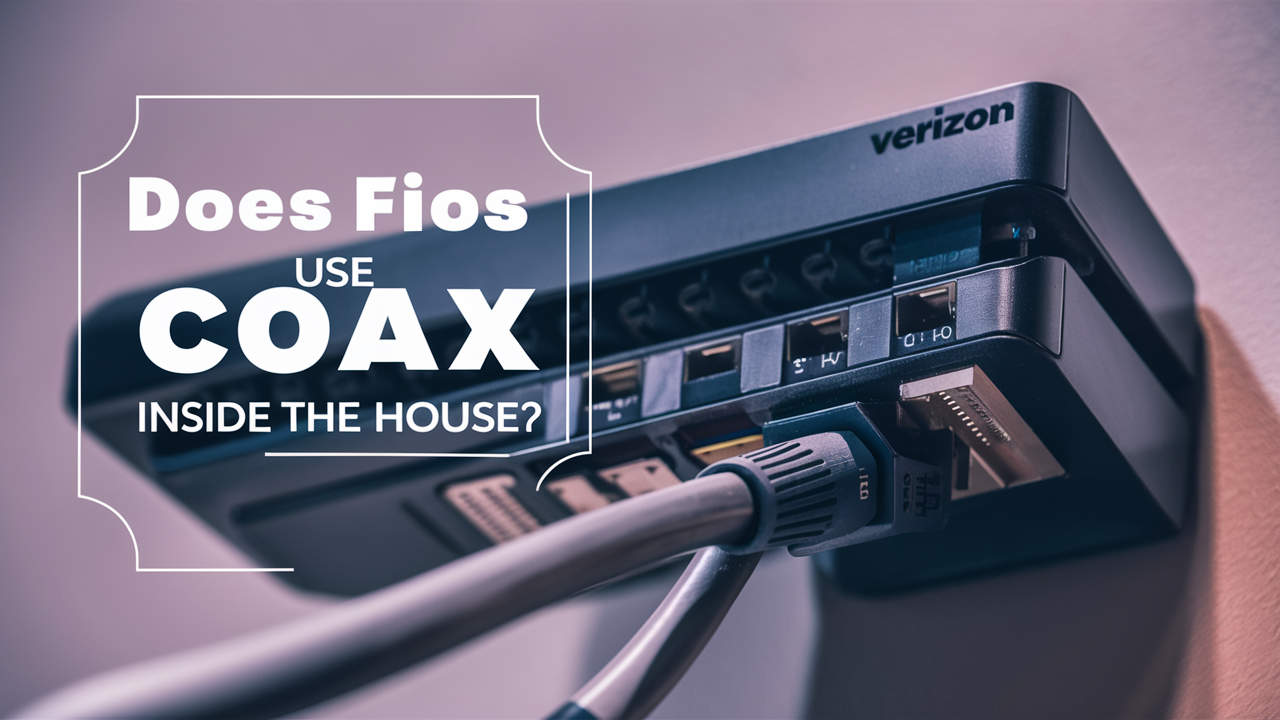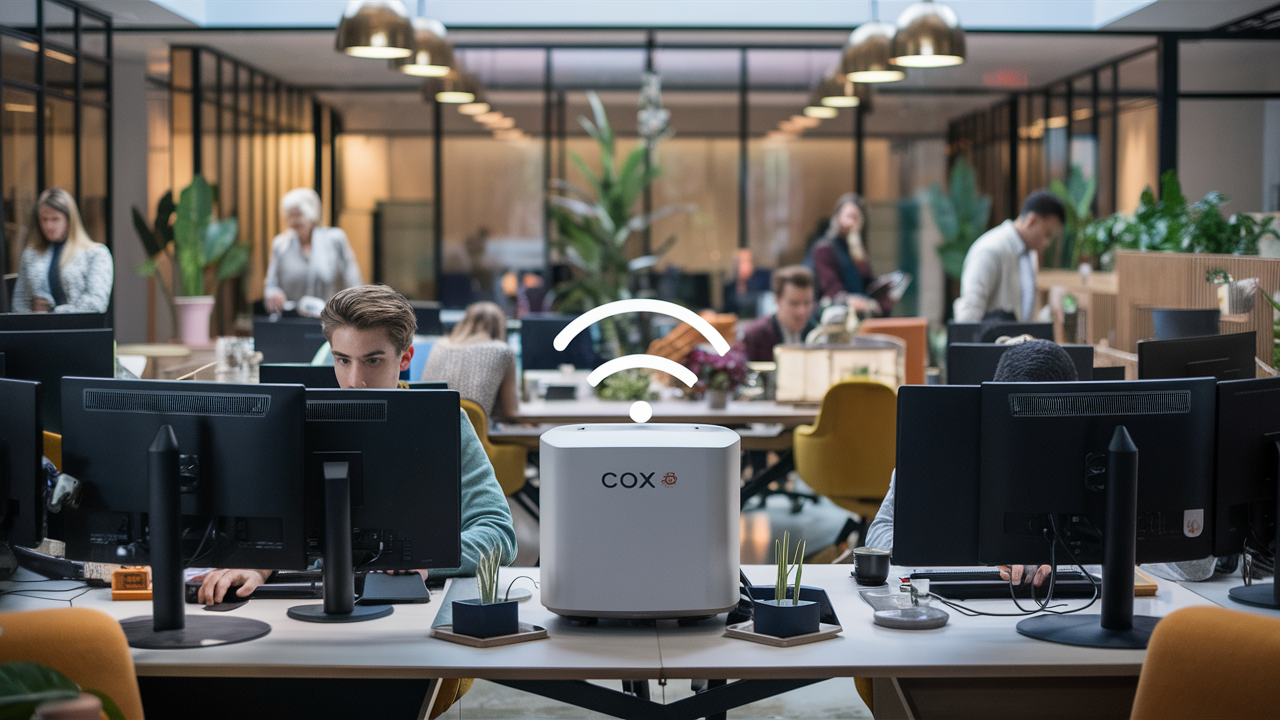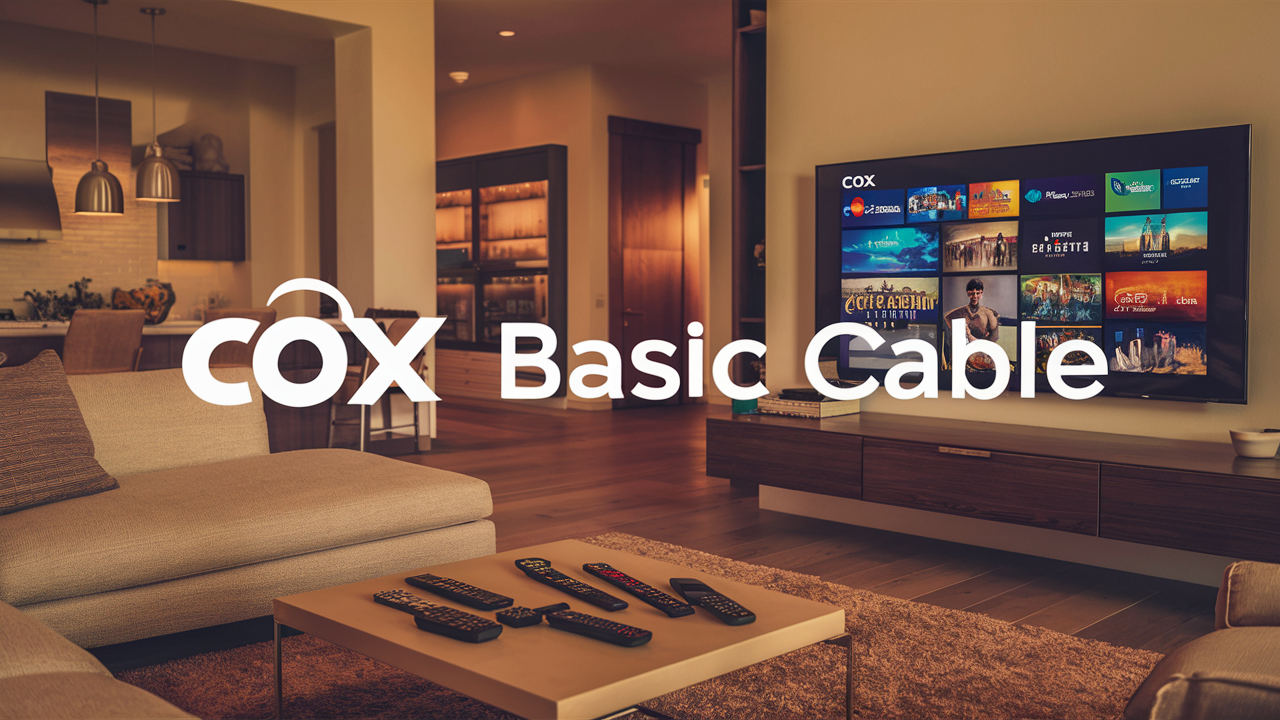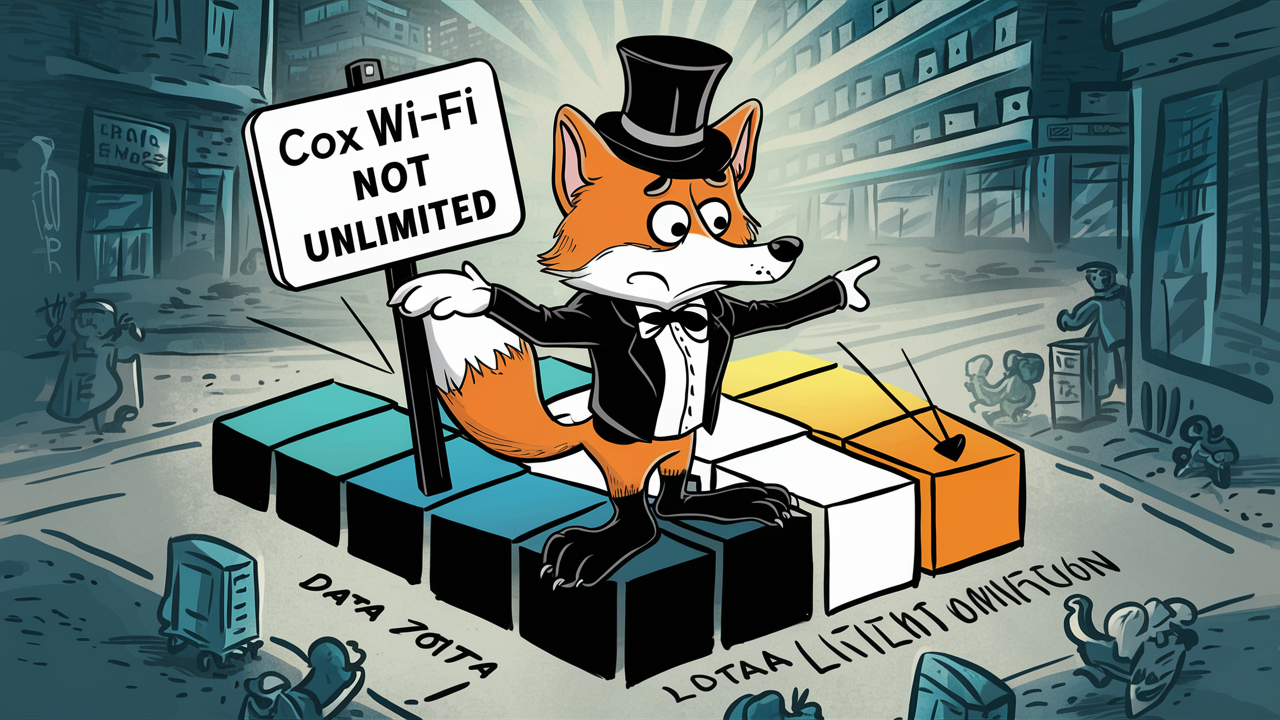Is Cox Hotspot Safe?
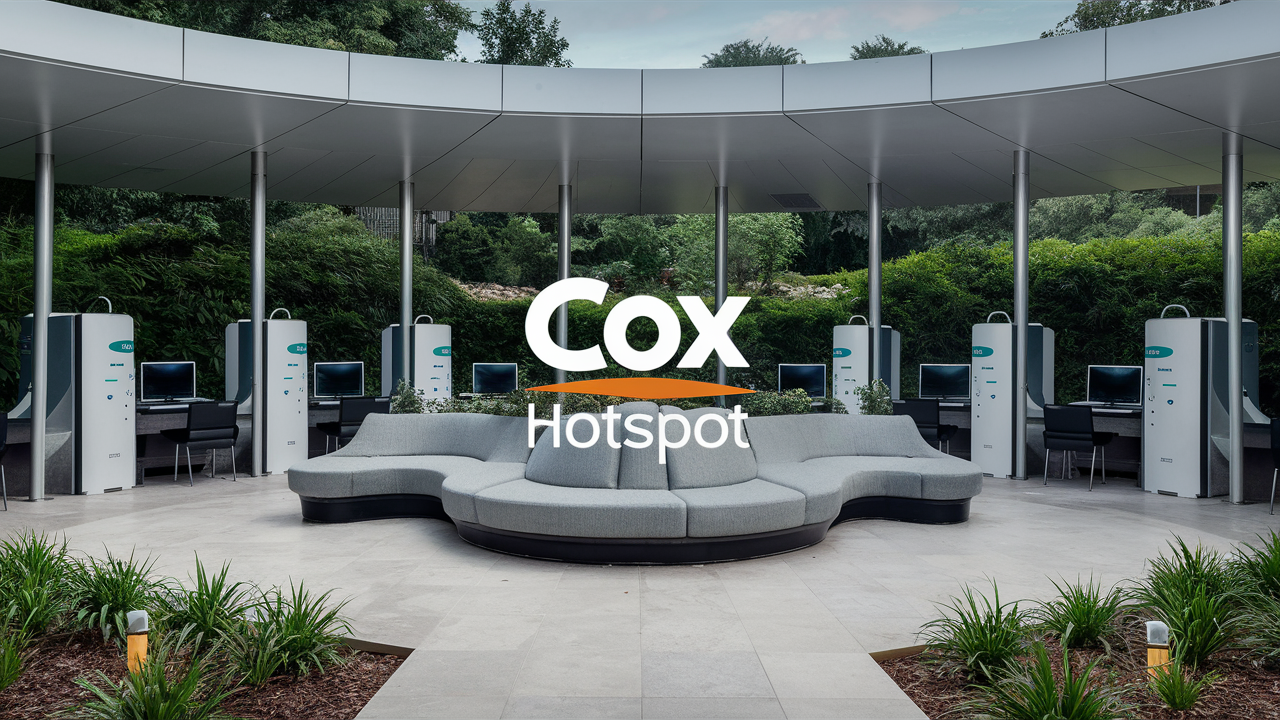
Cox Communications provides its internet customers with a free access service to a WiFi hotspot network called Cox WiFi Hotspots. As with other mobile broadband, it offers Internet connection when you are on the move, and with over 700,000 hotspots across the country. However, it brings us to the vital issue that is; Are the Cox WiFi hotspots safe to use? Let's find out.
What does Cox WiFi Hotspots mean?
Cox WiFi Hotspots are wireless access points with which Internet service provider Cox Communications has placed in some of the public domain establishments such as restaurants, malls, airports, etc., that give free public WiFi to Cox Internet subscribers. These are public WiFi hotspots that are available for anyone to use, but you can only connect them using your home Cox internet identity and browse the internet without being billed.
Cox uses its gigantic cable television base as a conduit for these hotspots. The other internet users on Cox have to be part of the Cox WiFi Hotspot program and they act as a hotspot by accessing a different portion of their home internet.
The following are some of the security risks of using public WiFi:
Before evaluating if Cox WiFi hotspots are safe to use, let's first understand why public WiFi poses security risks in general:
1. Unencrypted connections: A plain public WiFi sends data over the internet in an unencrypted form and is thus vulnerable to sniffing attacks. Such information as passwords, financial details, and any other confidential information can be easily hacked.
2. Evil twin hotspots: Criminals here can mimic clones for genuine hotspots and make the users connect to the clone hotspot that they have created. With this, all their activity is recorded and can be closely observed by the hacker interested in their activity.
3. Hotspot spoofing: BENIN: Hackers can easily spoof the MAC address of a legal hotspot router through which they can capture the connection acknowledgment from the users and therefore get to access any data that is being relayed by the users.
4. Malware attacks: When you use the public hotspots to connect your email or click on some link or pop-up you are exposed to malware emails etc and once infected the hackers can steal.
But how does Cox WiFi Hotspots offer protection against these risks?
Security aspects of Cox WiFi hotspots
Cox has implemented several security mechanisms to make its WiFi hotspot network safe:
1. Encryption via VPN: Cox WiFi Hotspots secure all data passing through the hotspots to the central network using VPN tunneling. This ensures that personal details such as usernames, passwords, emails, and messages cannot be spied on.
2. Credential-based access: Before a user gets an opportunity to use the internet through Cox hotspots, he/she has to authenticate himself with valid Cox account details. It tells you that you are an authorized Cox Internet subscriber.
3. Automatic timeout: Initially, any link to a hotspot that belongs to Cox gets timed out if it remains inactive for 2 hours. This prevents unauthorized access.
4. Hotspot verification: Cox is using hotspot routers with spoofing prevention as a built-in verification system.
5. No peer-to-peer access: The Cox hotspot network works with users’ connections separately from each other. As for the downside of this type of network, you cannot access other users’ devices or activities on the network.
6. Built-in firewalls: Cox hotspots are protected by firewalls to counter the likelihood of having malware, hacking, and overall connection to and from unauthorized/suspect websites.
Also, Cox says that it does not monitor and save specific information regarding your hotspot sessions including websites that you visit besides utilizing such information for analytical purposes.
Therefore in conclusion, through its hotspot network connections, Cox offers more than one layer of protection when it comes to encryption, verification, and monitoring to counter perceived public WiFi threats. This makes Cox WiFi Hotspots inherently more secure than an open public WiFi network since the connection is established directly with the network administration and not with a third celebration, which can intercept the connection.
Guidelines for effectively and safely utilizing Cox WiFi Hotspots
While Cox WiFi hotspots have comprehensive security controls, you should still follow basic best practices to stay safe:
1. Avoid accessing sensitive accounts: In case of using a hotspot, one should be cautious and limit using extremely sensitive accounts like banks or investment applications since there is still a slight chance of experiencing risks.
2. Use HTTPS websites: Only use the sites that are encrypted with HTTPS if one is to type in any login, payment details, or any other private credentials through the hotspot connection.
3. Don’t auto-connect: Always disable automatic connection to the CoxWiFi network on the device and only connect it when necessary. As this does not notify the user about the connection with the potentially unsafe clones, it also prevents silently connecting to them.
4. Use a VPN: To enhance security, encrypt all the activity – use a reliable VPN service.
5. Update device OS and apps: Regularly update your devices & apps to the latest versions to counter newer types of threats.
The Bottom Line
Cox WiFi Hotspots apply the best and most stringent security measures including data encryption user verification and integrated firewalls to defend against the leading threats of public WiFi. Thus, even those who think that no public WiFi is a hundred percent safe should know that with Cox WiFi Hotspots, the risk is significantly lower due to the security measures in place.
Some of the things you can avoid include never inputting sensitive login information, only browsing through HTTPS websites, and connecting to a VPN provides you with an added layer of security. But in general, for most practical scenarios, Cox WiFi Hotspots are not very dangerous to use in a nomadic style for just accessing the internet. However, do not use it for logging into highly confidential accounts, and limit using this internet traffic for any sensitive user activities to HTTPS only.
Ready to upgrade your internet experience? Call us now at +1 844-349-7575 to explore the best Cox Internet plans for your needs!


